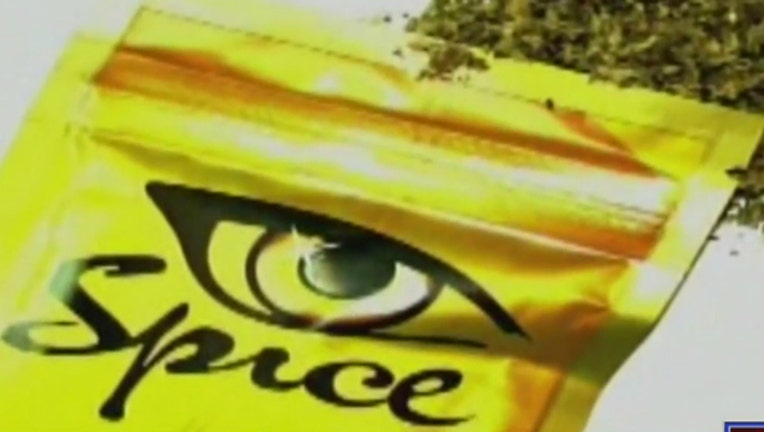Man died from internal bleeding after using ‘fake weed' laced with rat poison

CHICAGO (Sun-Times Media Wire) - The Cook County Medical Examiner’s Office has determined that a 22-year-old man who lived in the Clearing neighborhood on the Southwest Side died from internal bleeding after using synthetic marijuana that was laced with a lethal anticoagulant often used in rat poison.
The man died March 28 at Christ Medical Center in Oak Lawn after he was found having a seizure and vomiting earlier in the day, according to Oak Lawn police.
An autopsy previously found he suffered “excessive internal bleeding” and the anticoagulant Brodifacoum was found in his system, according to the medical examiner’s office. Brodifacoum impairs blood clotting and can cause fatal gastrointestinal and intracerebral hemorrhage.
On Wednesday, the medical examiner’s office announced that he died from bleeding in the abdomen, and synthetic cannabinoid use was found to be a contributing factor. His death was ruled an accident.
The man is among four people whose deaths have been linked to the use of synthetic cannabinoids in Illinois, according to the Illinois Department of Public Health.
The death of a central Illinois woman in her 30s is the latest fatality connected to the use of synthetic cannabinoids, the IDPH said. Her death comes after two men, one in his 20s and another in his 40s, died in central Illinois after using the drug, which goes by names like, “spice,” “K2” and “fake weed.”
Packages of the drug—which are made by spraying synthetic chemicals on dried plant material or sold as a liquid for use in vaporizers like e-cigarettes—are sold at convenience stores, gas stations and drug paraphernalia shops.
As of Tuesday, more than 150 people in 13 counties across the state had been sickened by synthetic cannabinoids laced with rat poison, according to the IDPH.
“We continue to see new cases of individuals experiencing severe bleeding after using synthetic cannabinoids,” according to IDPH Director Nirav D. Shah, M.D., J.D. “Like so many other drugs, synthetic cannabinoids are addictive and people are not able to give them up. Alternatively, they think that it won’t happen to them because they know their dealer or trust wherever they purchased the drugs.”
High doses of vitamin K, up to 30 tablets a day for up to six months, can help restore the blood’s ability to clot, according to the IDPH, which recently received 800,000 tablets of vitamin K from the Bausch Foundation and Valeant Pharmaceuticals that will be provided free of charge to every person who has experienced severe bleeding.
Anyone who has a reaction was told to call 911 or go to the emergency room, officials said.

